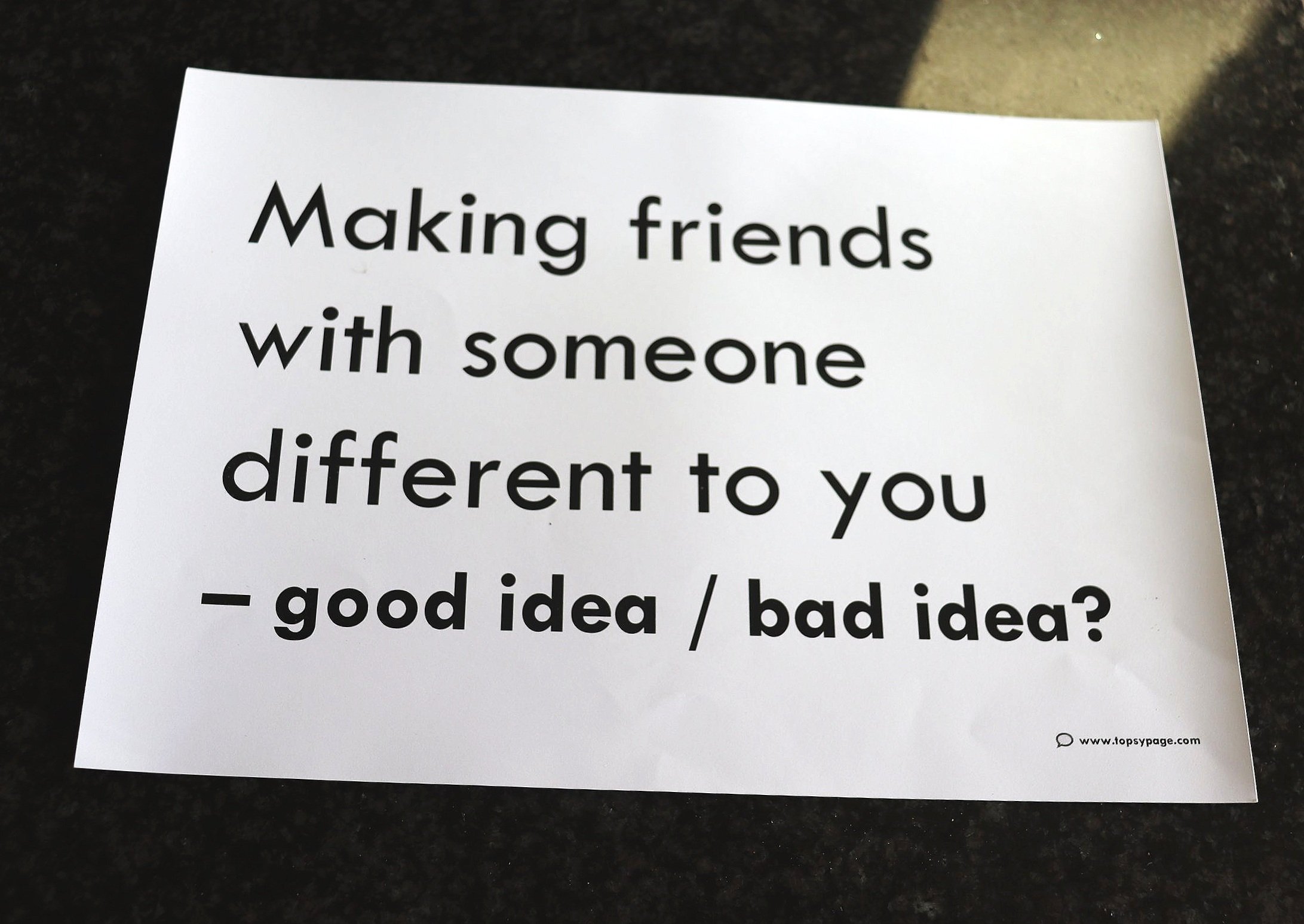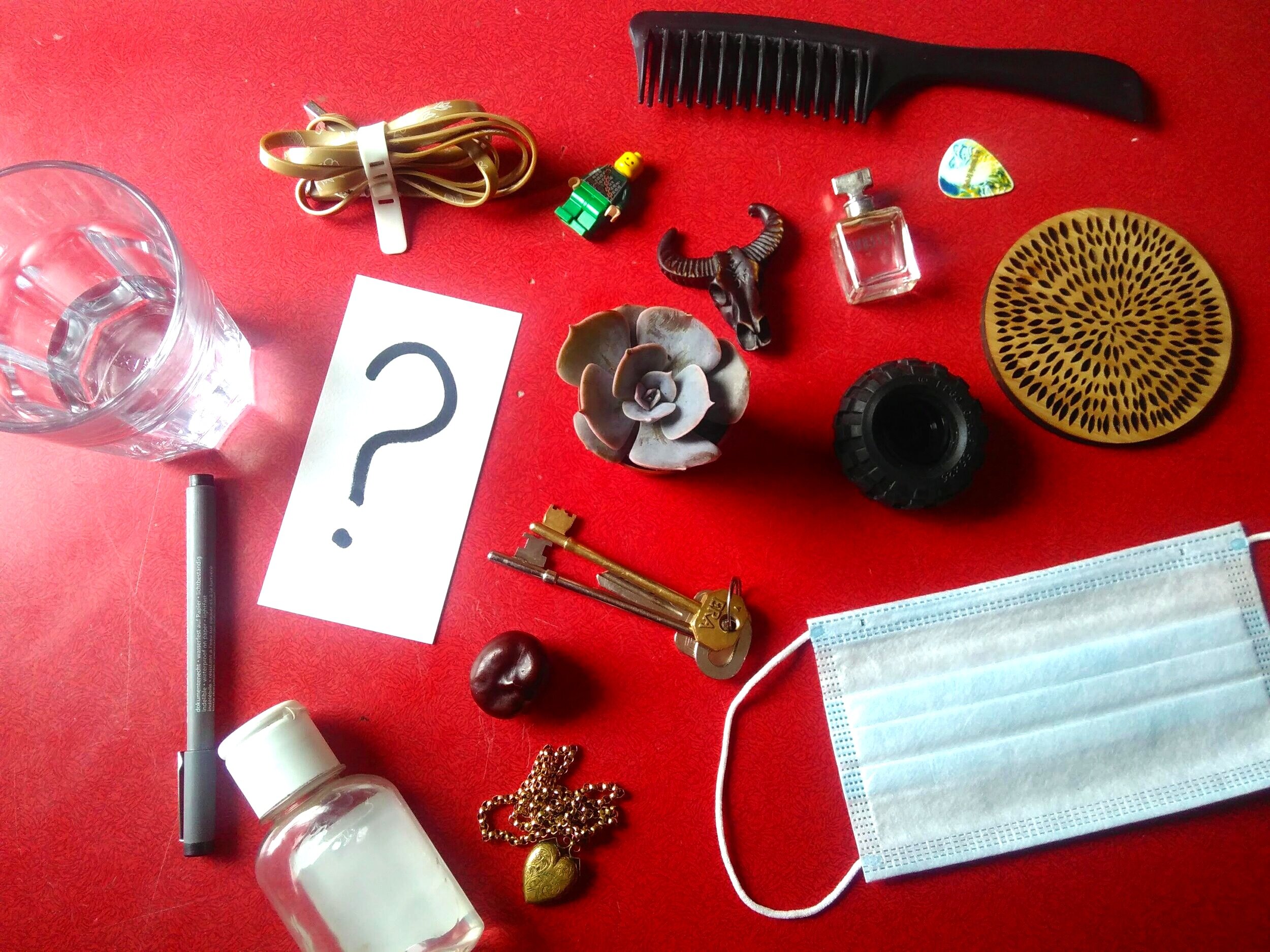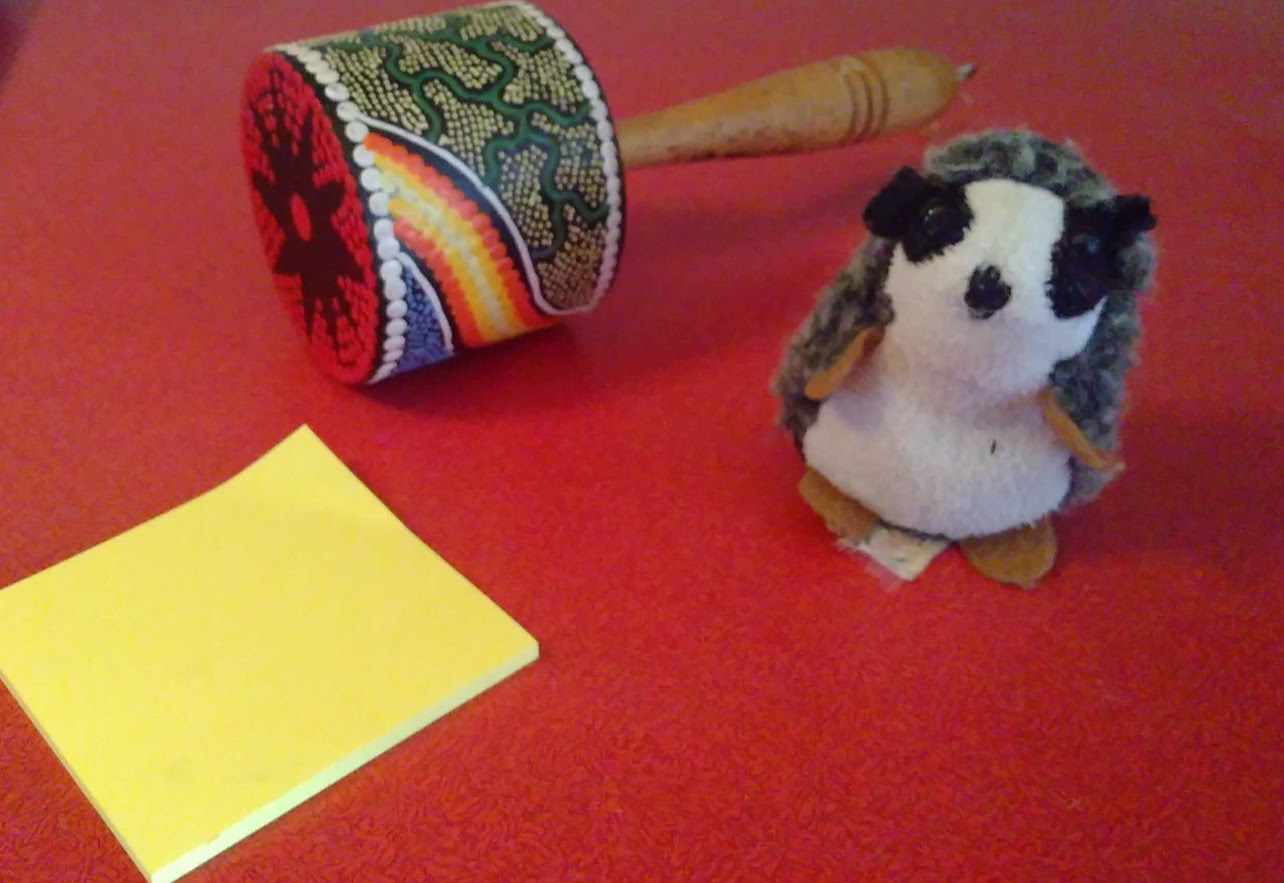Something I’ve often heard in whole class talk is teachers saying to children, I can’t hear you. Could you speak a bit louder?
Pupils’ confidence to speak loudly and clearly, whether in class or to the whole school in assembly, is something many schools struggle with. I think this is because curriculum pressure means many teachers don’t prioritise it. Perhaps now is the time.
Focusing on the specific goal of learning how to speak loudly enough for peers to hear would be a good use of a few moments each day – and for all ages, games are a great way to start.

Games can be very simple, starting with just one word – calling somebody’s name across the circle, waiting for them to give you eye contact and passing them something. The ‘something’ would have to be a non-physical thing. It could be an action which they copy, or a smile, or a silly face. They then choose another child, say their name loudly enough for them to hear and the game continues. Or you could adapt this game to include subject-specific vocabulary or sequences.
Keep it simple with just one word until everyone can be heard. You can then build up from one word into longer phrases or sentences. For example, a child says the name of the child across the circle and tells them to do something: Jonas, stand on one leg! If Jonas does that, the speaker knows they have been heard. Jonas will then give an instruction to somebody across the circle from him: Marie, jump up and down!
To help students lose inhibitions about speaking loudly, make sure you include some fun or silly elements.
Before too long your class will be able to have dialogue which everyone can hear. And, we are setting children up with skills for life.
An oracy game, a mental workout, and an opportunity to practise respectful challenge
A quick, active game that helps pupils reflect on their own talk
Get students thinking and talking with a game that only takes moments to set up.
Seven quick activities to develop talk, listening and non-verbal communication
Ways to develop talking at a distance
Generating dialogue, comparing concepts, deepening understanding.
Simple-yet-effective techniques to get three year olds talking and keep them focused.
Tips for playing this popular P4C warm-up game which develops creative thinking plus turn-taking, listening, responding, and recognising shapes.
Celebrating a useful and fun resource.
The game ‘Odd One Out’ is a great way to begin lessons on specific themes or topics - you can quickly create a resource box that will last for the duration of the topic.
An example of raising engagement in learning using the power of open questions.

























Can they remember what everyone else said?